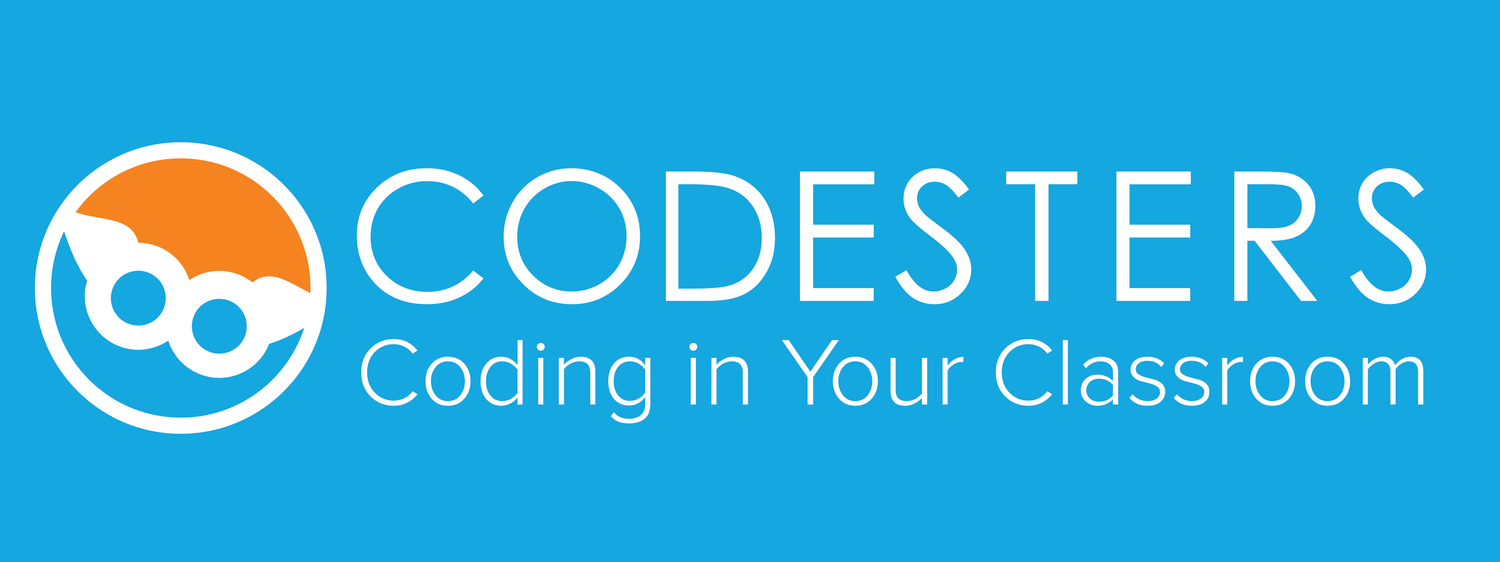Willy Wonka’s Everlasting Gobstopper: The candy that changed color and flavor but never got any smaller. A miracle for kids everywhere! The Everlasting Gobstopper promised to revolutionize the world for kids: An accomplishment never to be matched again! …Until the arrival of computer coding in schools.
“OK, OK. We get it,” you nod. You’ve heard the hype about coding in schools. Tech luminaries extol it endlessly, The White House is pushing initiatives for it, startups with cutesy names keep sending you emails about it (#sorrynotsorry), and even The Simpsons recently poked fun at the movement. Not since Wonka’s Everlasting Gobstopper have we heard so much hullabaloo. We are at peak hullabaloo.
But, why the hullabaloo? What exactly is coding and why does it belong in our schools?
At face value, coding is the skill needed for programming computers, but really it’s much more than that. It requires learning a new form of grammar. It’s used to solve problems in a modern way, by completing projects and working as a team. It provides the compass for exploring math and science much in the same way the written word unlocks the truths of history. Given the pervasiveness of computers in the sciences now, you might say that coding is “the language of science exploration”.
One reason the debate over whether to bring coding into schools gets confusing, though, is that coding is both a skill and a literacy. Coding is largely still seen more simply as a skill used directly by professionals in STEM fields, but coding literacy is becoming increasingly crucial for all professions as computers rapidly encroach into fields outside of the sciences. That is to say, adults in nearly any line of work will need to understand how to write and understand a little code from time to time. The other day my car mechanic told me that almost everything he does now involves computers, so he’s learning to write testing macros in code. At my doctor’s office she and her staff write code to manage medical records. The examples of coding’s reach are endless, and growing.
What’s not to like about all the hoopla when you think about it that way, right?!
Well, some people are still not convinced coding needs to be taught in schools as more than an elective. The other camp (us) is making a ruckus because coding has for too long been considered just a skill and thus kept in after-school clubs and camps for the students most interested in it. But, remember, coding is not just a skill; it’s also a literacy. It is the language of science exploration. Relegation to after-school hours does students a real disservice. The modern world demands coding literacy; therefore, coding belongs in school. It’s essential that we prepare our younger generations to speak the language of their future.
So that’s it. That’s the whole brouhaha in a nutshell!
Guess it turns out coding is more than the next Everlasting Gobstopper revolution, and thank goodness! Things ended quite badly for the children who attempted to steal one for themselves (and for Slugworth). On the contrary, coding is meant to be shared with bright young minds in schools the whole world over.
Ready to start coding at your school? Get going with Codesters today.

